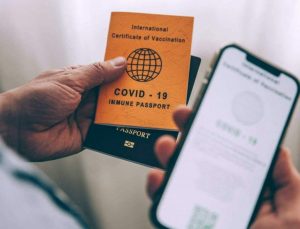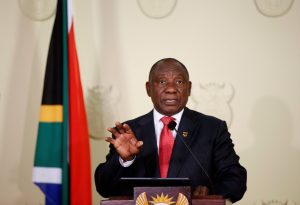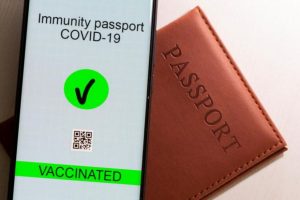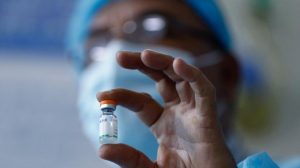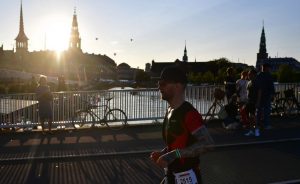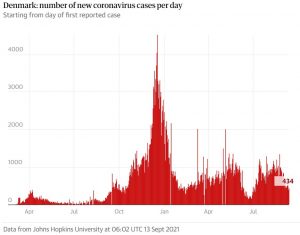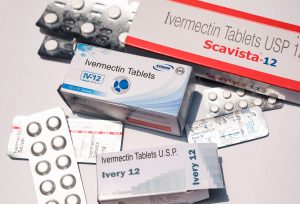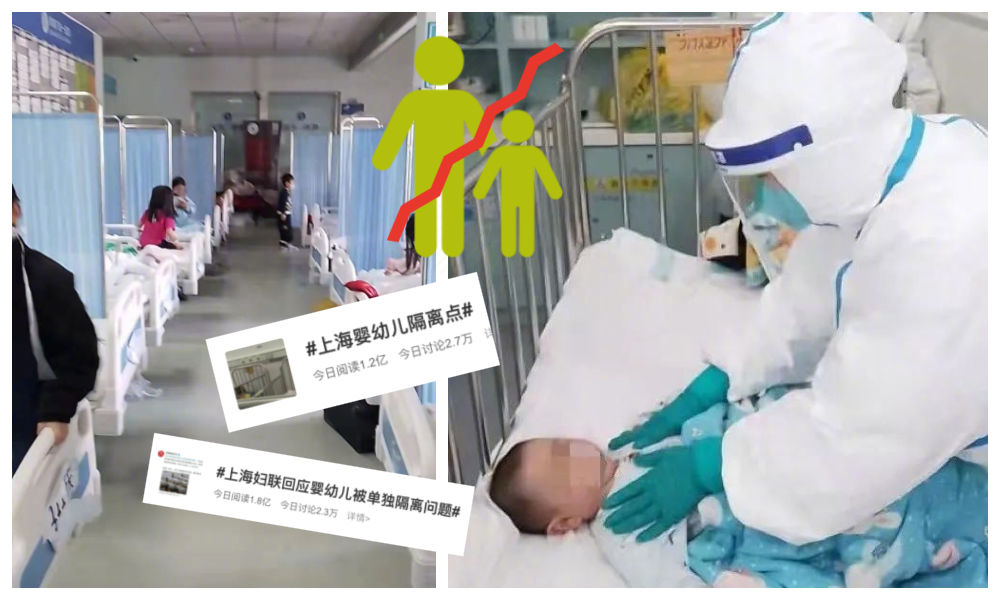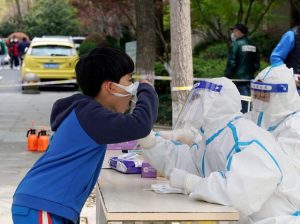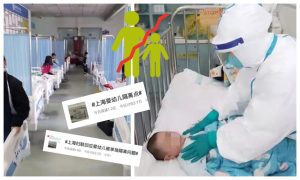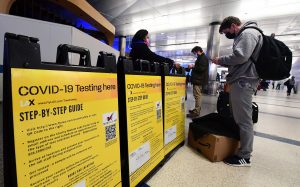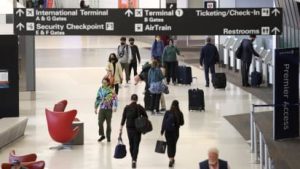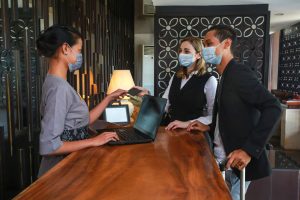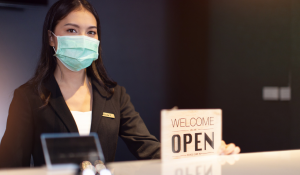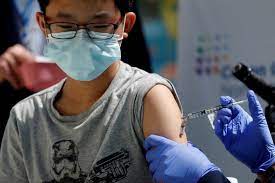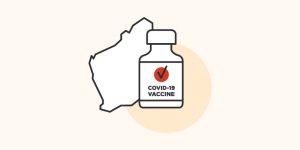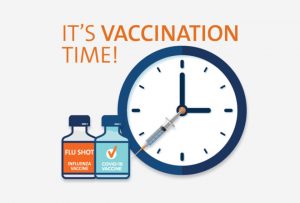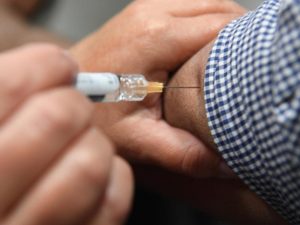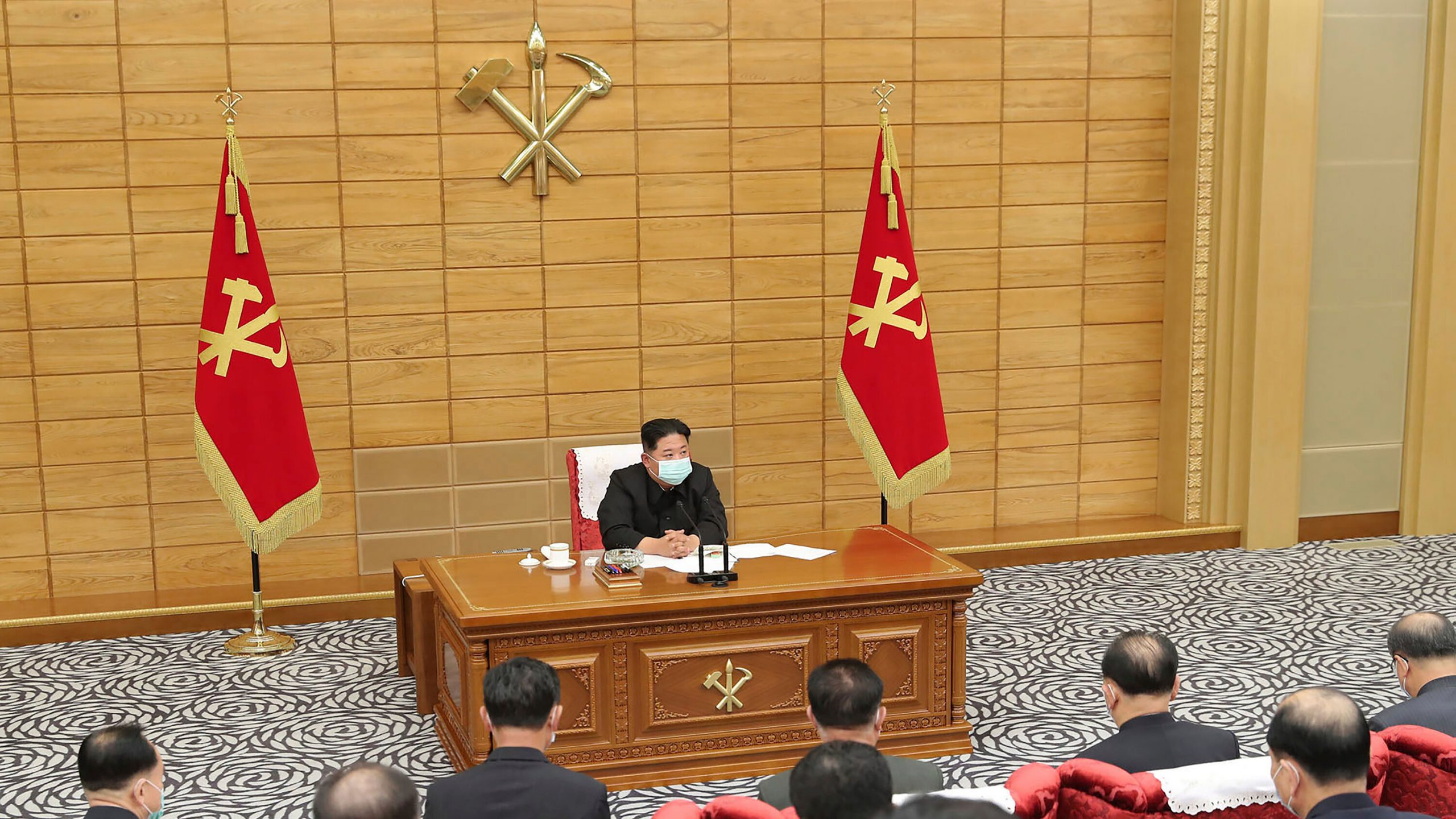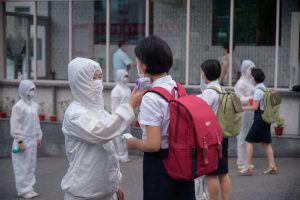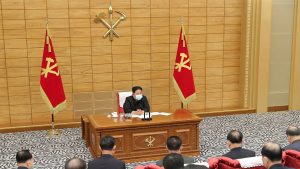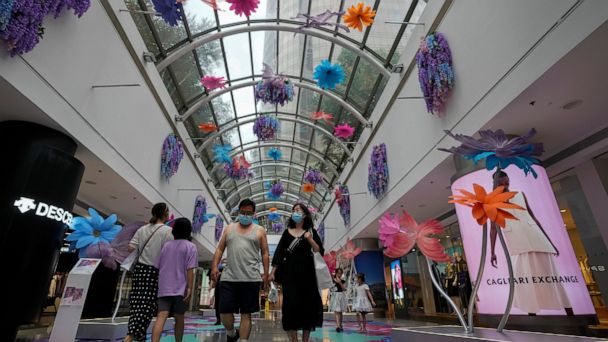A partial reopening of stores and offices in Beijing on Sunday was welcomed by a weary populace and struggling shopkeepers eager for life to return to normal. Coupled with a gradual easing of restrictions in Shanghai, it signalled the worst was over in the twin outbreaks in China’s most prominent cities.
More people have been allowed out of their homes, and more businesses are permitted to reopen, although most residents remain largely confined to their housing compounds, with shops mainly limited to deliveries.
Restaurants remain closed in Beijing, except for takeout and delivery, and many people in Shanghai still can only go out with special passes and for a limited time period, even as the number of new cases has plummeted. Shanghai aims to essentially end its lockdown from Wednesday after relaxing restrictions over the past week.
Shanghai officials urged continued vigilance, even though the vast majority of its 25 million residents live in areas that are in the lowest-risk “prevention” category.
“Wear masks in public, no gathering and keep social distance,” Shanghai Municipal Health Commission’s deputy director, Zhao Dandan, told a daily news conference.
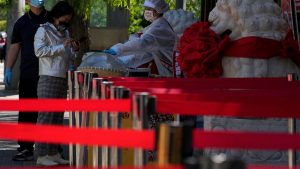
China reports 362 new cases
On Friday, Shanghai’s suburban Fengxian district cancelled a requirement for residents to have a pass to go out.
The state-run Shanghai Securities News reported modest steps towards a return to normality for the financial sector, with the more-than-10,000 bankers and traders who have been living and working in their offices since the start of lockdown gradually returning home.
On Saturday, the country reported 362 daily COVID-19 cases, down from 444 a day earlier. In Beijing, new Friday infections fell to 24 from 29.
While Shanghai officials reported one community-level case in the Songjiang district, they expressed confidence in the steps they were taking to trace and control the infection chain.
“If these measures are implemented effectively, we can prevent a rebound of the epidemic, even if there are sporadic cases, so don’t worry,” Shanghai Centre for Disease Control and Prevention’s deputy director, Sun Xiaodong, said.
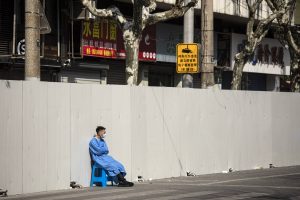
Beijing officials say outbreak ‘effectively under control’
In Beijing, new cases have trended lower for six days, with no fresh infections outside of quarantine areas reported on Friday.
The outbreak that began on April 22 is “effectively under control”, a city government spokesman told a news conference.
Starting on Sunday, shopping malls, libraries, museums, theatres and gyms will be allowed to reopen — with limits on the numbers of people allowed — in the eight of Beijing’s 16 districts that have seen no community cases for seven consecutive days.
Two of the districts will end work-from-home rules, while public transportation will largely resume in three districts, including Chaoyang, the city’s largest.
While nationwide case numbers are improving, China’s strict adherence to its “zero-COVID” strategy has devastated the world’s second-largest economy and rattled global supply chains.
The lockdowns and other restrictions under China’s “zero-COVID” strategy have increasingly frustrated residents as they see other countries ease up and re-open their borders.
Some have resisted and staged protests at apartment complexes and university dormitories, in an authoritarian country where people think twice about speaking out publicly because of possible repercussions.
Officials tend to err on the side of caution under a system that readily punishes them for lax enforcement if outbreaks flare up or come back.

 COVID-19 Around the World3 years ago
COVID-19 Around the World3 years ago
 Cuisine Explorer4 years ago
Cuisine Explorer4 years ago
 Arabic2 years ago
Arabic2 years ago
 Cantonese - Traditional Chinese4 years ago
Cantonese - Traditional Chinese4 years ago
 Tagalog4 years ago
Tagalog4 years ago
 Uncategorized4 years ago
Uncategorized4 years ago
 Uncategorized4 years ago
Uncategorized4 years ago
